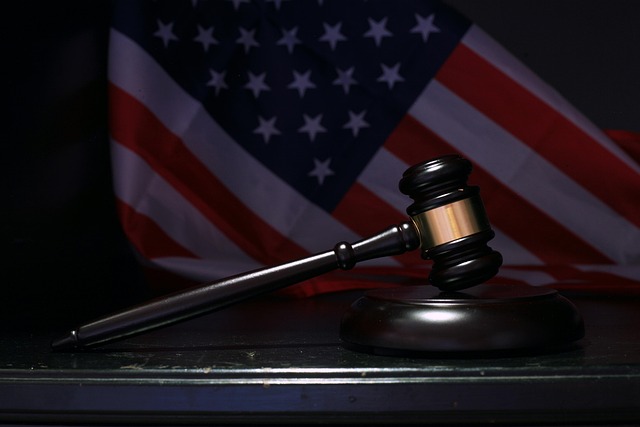The Importance of Due Process in Court is vital for fair and just securities class actions, ensuring rights of both plaintiffs and defendants through structured, transparent procedures that safeguard integrity of the legal system. Adherence to strict ethical standards fosters trust, transparency, and balanced outcomes, crucial for navigating complex legal landscapes in securities litigation.
Securities class actions are a significant aspect of financial litigation, empowering investors to seek justice and compensation for collective harms. This article explores the intricate world of securities class actions from a legal perspective, delving into key components such as understanding these actions, the pivotal role of due process in ensuring fairness during court proceedings, and best practices for effective courtroom representation. By examining these aspects, we uncover the importance of due process in shaping fair outcomes within the court system.
- Understanding Securities Class Actions: A Legal Perspective
- The Role of Due Process in Ensuring Fairness
- Best Practices for Effective Courtroom Representation
Understanding Securities Class Actions: A Legal Perspective

Securities Class Actions involve legal battles where investors unite to hold companies accountable for securities fraud or misconduct. Understanding this process from a legal perspective is crucial. These actions are governed by strict rules ensuring due process in court, a cornerstone principle that guarantees fairness and impartiality. This is essential as it protects the rights of all parties involved, including defendants and plaintiffs.
The complexity lies in navigating across the country’s varying laws and regulations. Jury trials, a common feature, require clear presentation of evidence and arguments to secure just outcomes. The importance of due process cannot be overstated; it ensures that investors receive a fair hearing, while companies are protected from baseless accusations. This balanced approach fosters trust in the legal system and encourages ethical business practices within the securities market.
The Role of Due Process in Ensuring Fairness

The role of due process is paramount in securities class actions to ensure fairness and justice for all parties involved. It serves as a fundamental principle that guides the legal proceedings, protecting the rights of both plaintiffs and defendants. Due process dictates a structured and transparent process where every step is meticulously followed, ensuring no one party is unfairly favored or disadvantaged. This includes the right to be heard, access to relevant evidence, and the opportunity to challenge or defend against allegations.
By upholding due process, courts can achieve extraordinary results while maintaining integrity in the legal system. This meticulous approach allows for a complete dismissal of all charges if the facts warrant it, ensuring that innocent parties are not wrongfully implicated. For his clients, having a strong due process framework means greater predictability and fairness in outcomes, fostering trust in the legal process and promoting a level playing field for all participants in securities litigation.
Best Practices for Effective Courtroom Representation

When representing clients in securities class actions, adhering to best practices is paramount for achieving favorable outcomes. One of the cornerstones of effective courtroom representation is prioritizing due process. This involves ensuring every step taken during litigation respects the rights of both corporate and individual clients, fostering trust and transparency. By upholding strict ethical standards and maintaining open communication with all stakeholders, attorneys can navigate complex legal landscapes successfully.
Additionally, building strong relationships within the philanthropic and political communities can significantly impact the outcome of class action cases. For his clients, this might mean leveraging connections to gain access to critical evidence or securing support for alternative dispute resolution methods. Ultimately, a balanced approach that combines legal acumen with strategic relationship management is key to achieving justice for all involved parties.
Securities class actions are complex legal battles that demand meticulous planning and strategic representation. By understanding the intricacies of these cases, ensuring due process, and adopting best practices, attorneys can navigate this challenging landscape effectively. The importance of due process in court cannot be overstated; it guarantees fairness, protects investor rights, and ensures that justice prevails. Through proper courtroom representation, investors have a powerful tool to hold corporations accountable for their actions, fostering transparency and accountability in the financial sector.






